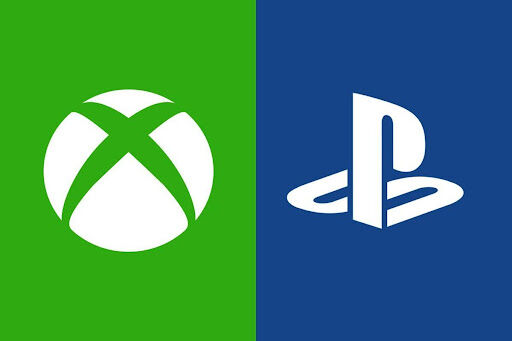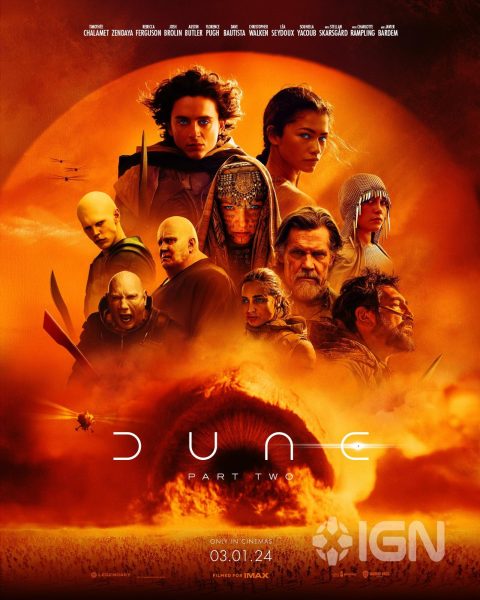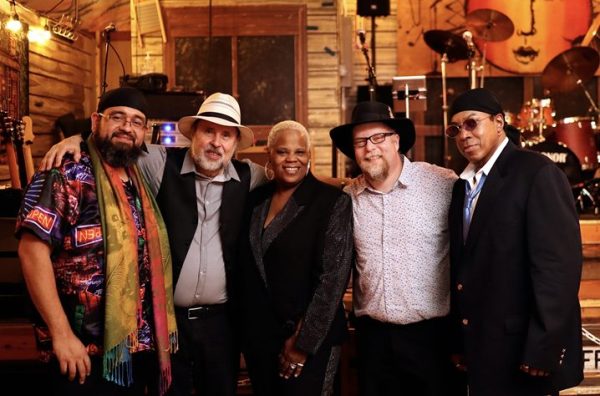- Limelight
- Limelight / Culture
- Limelight / Culture / Pop Culture
- Limelight / Events
- Limelight / Features
- Limelight / Profiles
- Limelight / Reviews
Microsoft has acquired Activision Blizzard and is changing the landscape of gaming

Microsoft has acquired Activision Blizzard, and the gaming industry is changing massively because of it.
February 6, 2022
It’s been over a year since PlayStation and Xbox released their new consoles, and just like any generation, both companies are fighting to see who will come out on top. Within the span of just a couple of weeks, Sony and Microsoft landed two of the biggest company buyouts in video game history.
On January 18, Microsoft acquired Activision Blizzard, developers of “Call of Duty,” “Overwatch” and “World of Warcraft.” This acquisition is nearly 10 times bigger than the Zenimax deal (owner of the publisher Bethesda Softworks) and opened endless opportunities for the future of Xbox.
CEO Phil Spencer commented on the deal and said, “Had good calls this week with leaders at Sony. I confirmed our intent to honor all existing agreements upon acquisition of Activision Blizzard and our desire to keep ‘Call of Duty’ on PlayStation”.
In response to the multibillion-dollar deal, Sony announced January 31 that Bungie, creators of the original “Halo” and developers of “Destiny,” will be joining the PlayStation family.
“We are incredibly excited about the opportunities for synergies and collaboration between these two world-class groups,” said Jim Ryan, CEO of Sony Interactive Entertainment.
Sony also clarifies that Bungie will remain a multi-platform studio; however, it will now be under the supervision of Herman Hulst, head of PlayStation Studios.
The acquisitions both Sony and Microsoft have been landing over the last few years have set a precedent, and it begs the question: “What is the end goal here?”. In the past, the answer was simple, Xbox and PlayStation are trying to outsell each other. However, the growth of video game subscription services and the ongoing development of cloud gaming have made the answer to this question more complicated.
Since the creation of Xbox Game Pass, a Microsoft video game subscription service, it seems that the strategies of both Xbox and PlayStation are no longer aligned. The intent of all of Microsoft’s recent acquisitions is to increase the market value of Game Pass. Their vision is that if games such as “Call of Duty,” “Skyrim” and “Overwatch” are brought on day one to the subscription service, that will force many PlayStation players of those games to make the switch to Xbox or PC. Why would one spend $60 or $70 on a game when they can have it for “free” on Game Pass?
Microsoft also shares the vision that success in the industry is achieved by making games more accessible to the player. Phil Spencer (CEO of Xbox) has said in the past, “The business isn’t how many consoles you sell. The business is how many players are playing the games that they buy, how they play.”
That is why their focus is on gaming services and not outselling PS5s. Game pass is constantly increasing their subscription base, and if someday the industry shifts to streaming and cloud, Microsoft will be ahead of the game because they will already have a system where it will be easier to make the change.
On the other hand, Sony does not have a direct competitor to Game Pass, and they have a wholly different vision for the future of gaming. The goal behind their recent acquisitions of studios such as Bungie, Housemarque and BluePoint is to find new intellectual property.
The recent success of their exclusive games such as “Spiderman,” “God of War” and “The Last of Us” have proven that the quality of PlayStation’s exclusive IPs is the reason why the PS5, even after a year of launch, is still sold out.
In addition to the vast collection of first-party games, PlayStation appears to have adopted a synergistic media approach when it comes to the titles they own. Not too long ago, Sony announced the launch of PlayStation Productions, a TV/movie production division in charge of creating content from their exclusive video game titles. The “Uncharted” film starring Tom Holland and the HBO “The Last of Us” series starring Pedro Pascal will be their first projects.
In the end, both companies are betting the industry moves toward the direction they each envision. Microsoft invests in a future where gaming is subscription-based, where consoles will become obsolete, and Sony believes that the quality of their exclusive IPs will be enough to continue to drive the sales of their consoles.
The video game industry is rapidly changing, and as the acquisitions of both companies start showing returns, we will have a definite answer on which strategy has a better payoff.
















